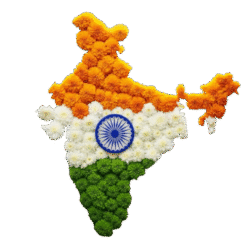The Round Table Conferences
A series of conferences for constitutional reform, met with boycotts and protests.
A Failed Attempt at Resolution
The Round Table Conferences were a series of meetings held in London between 1930 and 1932. They were organized by the British government to discuss constitutional reforms in India. However, the first and third conferences were largely unsuccessful due to the absence of the Indian National Congress. The conferences were a period of intense political negotiations and public protests, marking a critical phase in the struggle for Indian independence.
1930-1932
The Years of the
Conferences
Boycotts & Protests
The Indian Response
to the Conferences
A Timeline of the Conferences
First Round Table Conference (1930-1931)
Held in London, it was boycotted by the Indian National Congress, which was engaged in the Civil Disobedience Movement. The absence of the Congress rendered the conference largely unproductive.
March 1931: Gandhi-Irwin Pact
A truce was signed between Mahatma Gandhi and Viceroy Lord Irwin. Gandhi agreed to suspend the Civil Disobedience Movement and participate in the second conference.
Second Round Table Conference (1931)
Mahatma Gandhi attended this conference as the sole representative of the Indian National Congress. However, disagreements on issues like separate electorates and provincial autonomy led to a breakdown in talks.
Third Round Table Conference (1932)
The conference was again boycotted by the Congress. The discussions were limited, and it was ultimately seen as another failed attempt at reaching a consensus on constitutional reforms.
